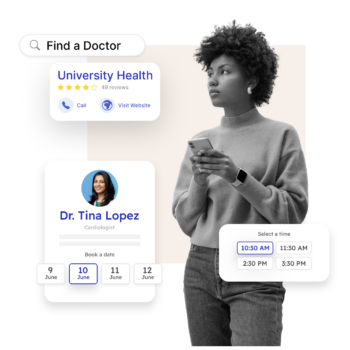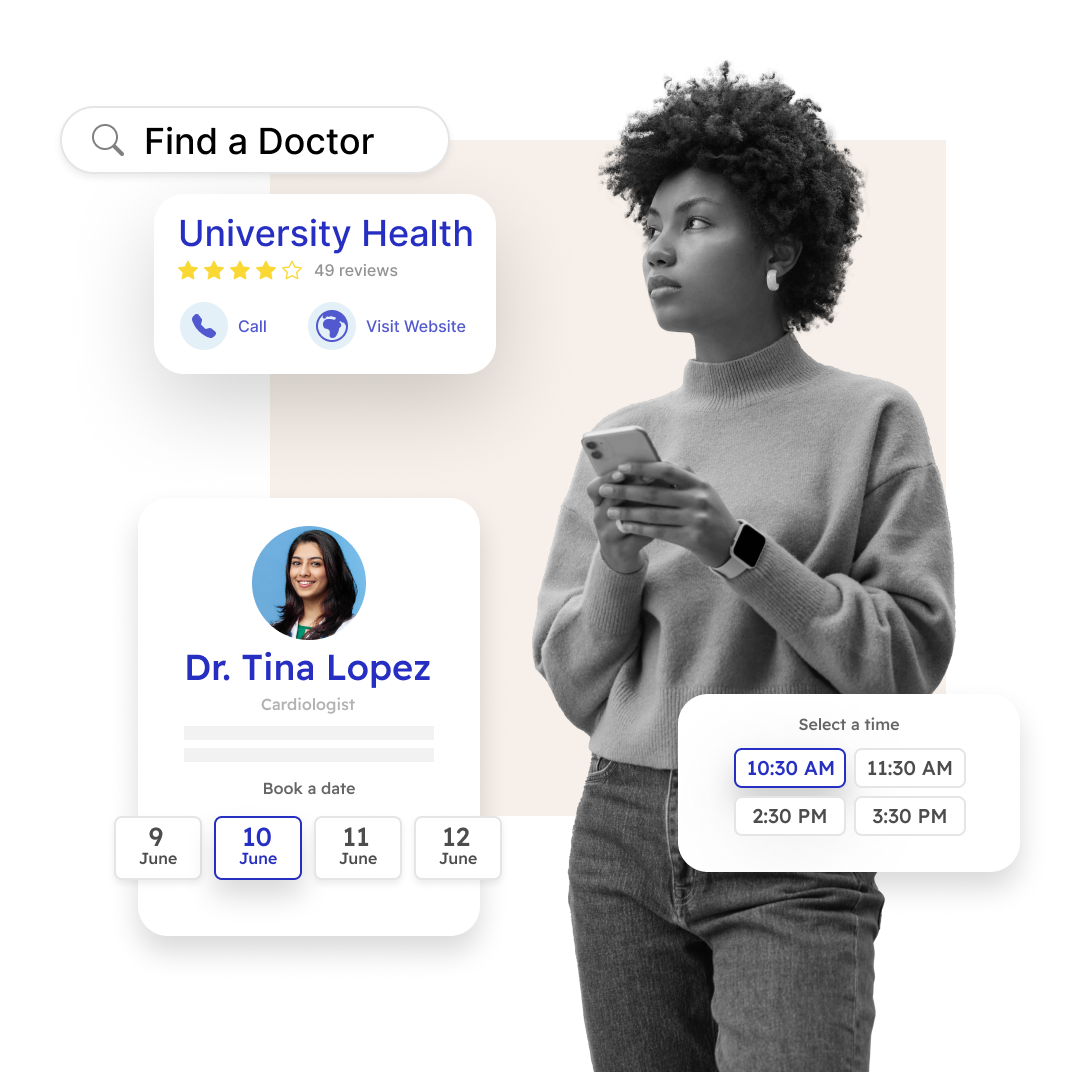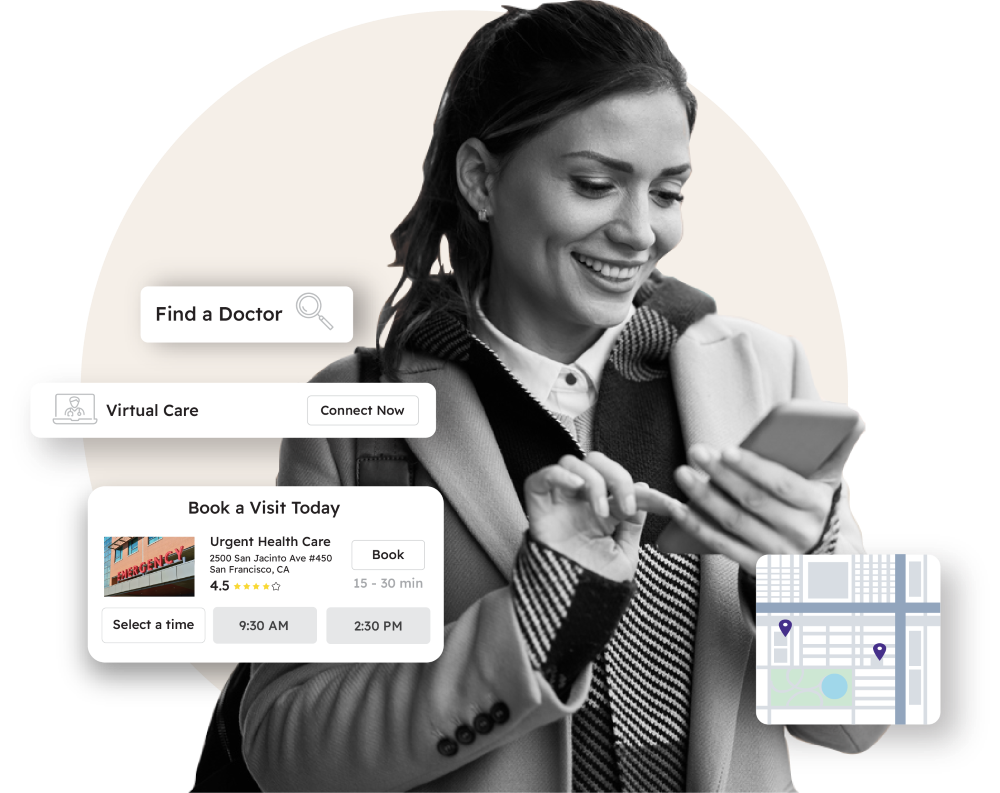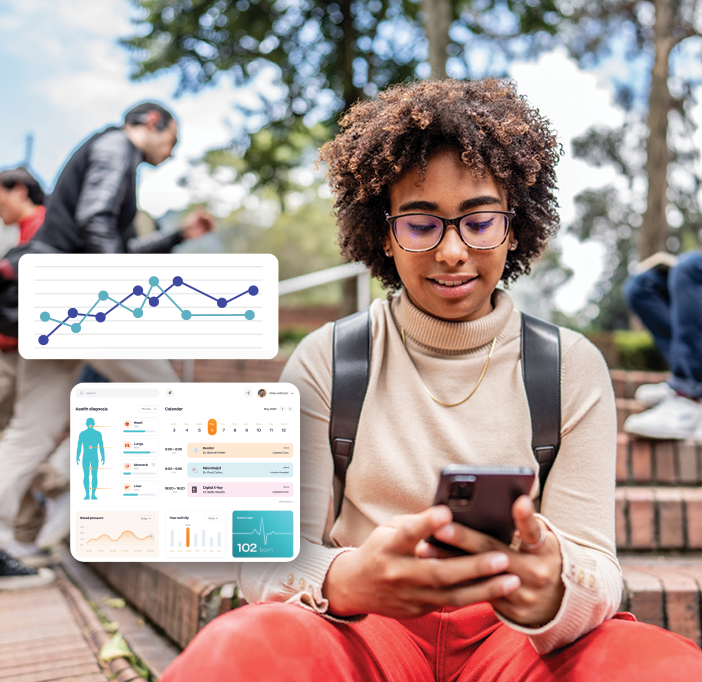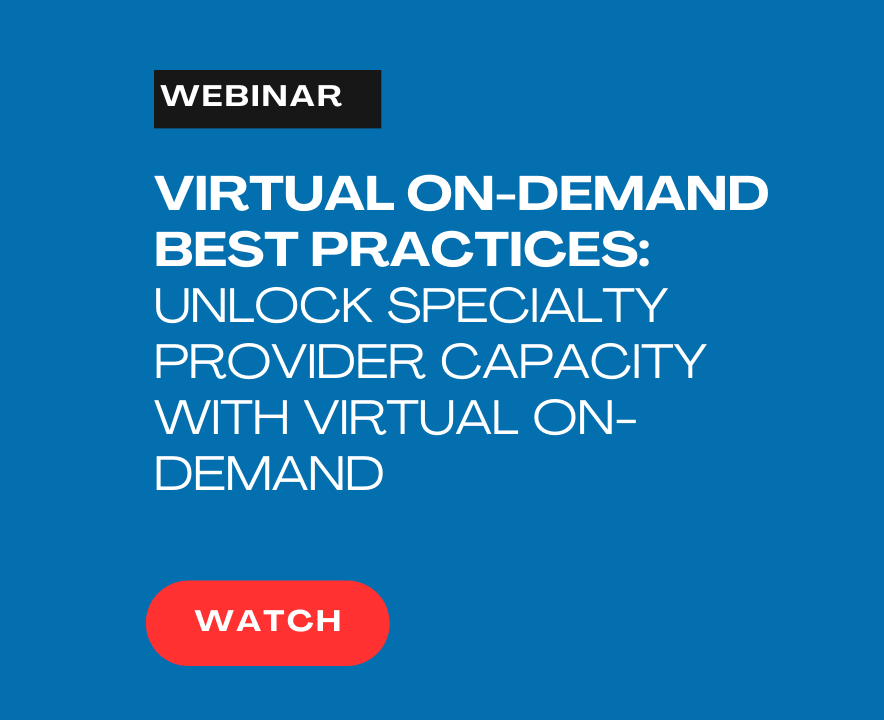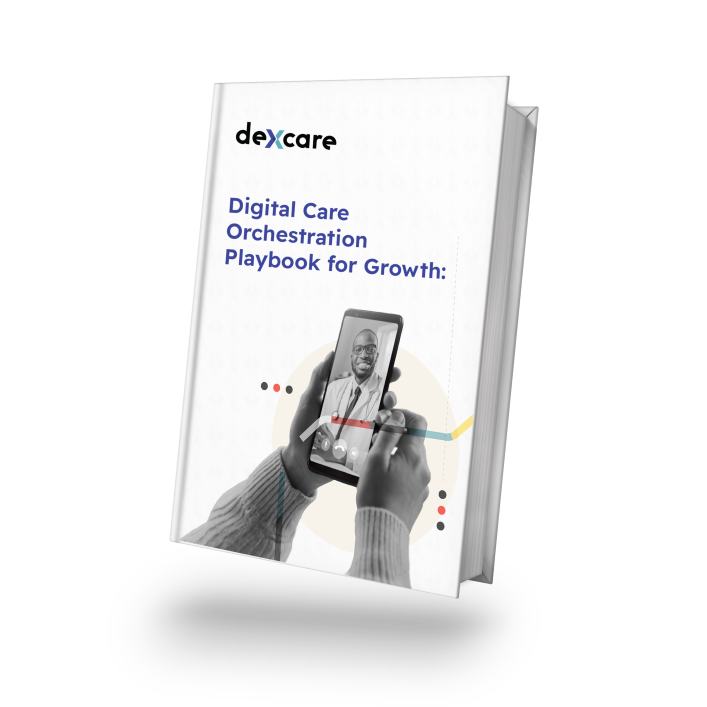- Can you tell our audience about yourself?
My name is Derek Streat. I’m the CEO and founder of DexCare, a health-commerce platform on a mission to optimize system resources – the limited workforce hours extend from physicians and nurses to service lines – to increase consumer access to care. To give you some background about my career before DexCare: I’ve co-founded six venture-backed companies, four of which have successfully exited in acquisitions, including C-SATS (acquired by Johnson & Johnson), Classmates (acquired by United Online), Medify (acquired by Alliance Health Networks) and AdReady (acquired by CPXi). Prior to joining Providence as an entrepreneur-in-residence to commercialize DexCare, I served as vice president of digital solutions at Johnson & Johnson. There, I transformed the organization responsible for training 250,000 surgeons worldwide into a leading healthcare quality improvement and continuous learning institute.
I like to start, build, and grow businesses that make a difference, and I particularly enjoy working with smart, passionate people to tackle large-scale, challenging problems that produce tangible societal benefits. The solutions I’ve helped to design and scale utilize data in innovative ways to bring transparency to markets, thereby making them less costly – in terms of time, money, and frustration – for businesses and consumers.
I’m no stranger to the pitfalls of America’s healthcare system. When my daughter was diagnosed with a life-threatening disease, my family was thrust into the daunting morass of finding critical care. Thankfully, my daughter is healthy and active today, and the experience inspired a lifelong drive to influence positive change in healthcare. This experience, combined with the challenge of building a solution that drives impact from the ground up to improve healthcare – a large, complex, and intertwined industry – is what motivates me each and every day.
- Can you tell our audience about DexCare?
We’re located in Seattle, Washington. The company was incubated within Providence’s Digital Innovation Group and spun out in 2021. Our platform is purpose-built to unlock health-system capacity to improve access to care – across the digital ecosystem.
The pandemic taught us that consumers expect convenience and choice, and that health systems need tools to optimize their limited workforce hours to meet demand. DexCare delivers both. We provide the data-and-predictive intelligence to manage current system resources — across services and modalities — to merchandize the best-fit, highest-quality care options to consumers.
We believe that time is a health system’s most precious resource. From reducing patient wait times to protecting limited-workforce hours, our platform manages the logistics of digital-care access by optimizing current resources to extend capacity. Only then can healthcare systems increase access to care and create pathways to grow and service their markets. Simply, we make transformation easy by harmonizing legacy datasets to balance resources and to better capture, nurture and acquire consumers.
- What problem is DexCare solving & how?
We’re just emerging from a black swan event – an unpredictable moment in history that strained the already distressing levels of physician and nurse burnout. And while the industry still reels from the effects of the pandemic, a new set of challenges emerges. Consider the market forces at play: Patients are now shoppers. The need for care grows, while legacy systems limit capacity. And the arrival of alternative care – spurred on by big-tech – has created an all-out sprint to capture a new breed of consumer.
We’re on a mission to overhaul an antiquated industry to enable health systems to grow amidst competition and uncertainty, and to thrive as a business and a caregiver. DexCare is ushering in a new era of care access, and it starts with extending health system capacity.
Our key differentiator is that our platform operates at the intersection of consumer demand and health-system resources. We enable health systems to measure, track, and trace how care is delivered, used, and balanced against service lines. By harmonizing legacy data silos, DexCare brings newfound visibility for how resources are extended, and manages how and where care is merchandised to consumers with digital ease.
The precise coordination of access to care, across services and modalities, while creating capacity is mission critical to health systems, and where DexCare is singular in the marketplace. For example, we increase resources by 40 percent by reducing the duration of virtual visits, so providers can see more patients.
With an ability to extend health-system capacity, DexCare also brings to life a more shoppable, consumer-centric experience.
Our technology expands consumer choice and enables cross-selling and smart-routing across services and modalities. Patients can now choose to schedule an appointment with an alternate provider, opt to use on-demand virtually, or go to the nearest retail clinic. Doing so, helps our partners leverage their investments in more effective ways for patient acquisition and resource optimization.
In fact, the platform successfully diverts 350,000 hours away from emergency departments (EDs) every year by redirecting patients to best-fit options. And with hospitals operating at maximum capacity, and most EDs overrun, rerouting patients who don’t require emergency care, saves critical resources.
Transformation also doesn’t have to be hard. The DexCare platform is interoperable and bolts-on to existing EMRs, and what used to take years now takes a month.
- What have been the biggest achievements of DexCare?
Since our spinout from Providence in 2021, we’ve made steady progress to improve patient access, extend system capacity and maintain rapid company growth. And we’ve proven our value as a driver of growth. Our partners have boosted new-patient bookings 30 percent and increased downstream revenue eightfold.
Furthermore, we’ve enabled partners to overcome traditional, geographical barriers and expand access to care into rural and underserved communities by bridging virtual and in-person services. Our platform extended its virtual-care market footprint by 34 percent in 2022, reaching more than 57 million patients across all 50 states.
DexCare’s patient-matching algorithm drove efficiency throughout virtual engagement – beating the national average of duration per visit – which enabled our partners to save more than 42,000 hours of critical physician time last year. We’ve developed transformative partnerships with leading U.S. health systems, including Kaiser Permanente, Mass General Brigham, University of Rochester Medical Center, and Community Health Network.
Furthermore, we recently expanded our partnership with Kaiser Permanente to orchestrate demand and load balance for nationwide scheduling, including clinic bookings, virtual care, and phone appointments. We now handle Kaiser’s online clinic bookings across all 50 states.
Similarly, Mass General Brigham implemented DexCare’s end-to-end virtual software and saw a 20 percent increase in net-new patient visits, while maintaining an average Net Promoter Score of 90, far above the national average.
As we’ve helped our partners thrive, DexCare has experienced significant growth. We’ve increased our employee base by more than 170 percent and have added top talent to our leadership team, including Rick Pittenger as CTO, Jamie Gier as CMO, and Robin Borg as CPO. We’re thrilled with these strategic additions and are equipped to accelerate our mission, maintain an aggressive growth trajectory, and remain several steps ahead to anticipate what’s around the corner.
- What have been the biggest challenges for DexCare & how did you overcome them?
During the pandemic, many health systems adopted digital-health solutions to adapt and meet needs quickly. In fact, in 2020, it was reported that 60 percent of CIOs increased their spending on healthcare technology to respond to the pressing demands of the pandemic. Now, in a time of continued financial strain and pressure, health systems are making tough decisions around which solutions to keep or cut, what business or operational gaps remain, and who can best fill them.
For DexCare, it was essential to prove our value and ROI to demonstrate why access optimization isn’t a “nice to have,” but an operational imperative. As our partners have evolved and adapted, so have we. When you look at the changing landscape and growing demand for future-proof solutions, it’s clear that DexCare was made for this moment. Now, the industry has largely come to realize that access is multi-faceted and vital for health systems to succeed. This shift, combined with the improvements health systems have achieved by using DexCare, has led our partners to deem us as “mission critical” infrastructure – a testament to the value we deliver in the marketplace
- What are you most excited about in healthcare at present? How do you anticipate healthcare will change in the next 5 years?
The consumerization of healthcare is reshaping the industry, as patients now expect to receive care whenever and however they want it. To attract and retain patients, health systems need to consider delivering care with the same speed and convenience that consumers experience shopping online. And to achieve a more “shoppable” care experience, a commitment to transforming digital operations is required.
I anticipate we’ll see more health systems leverage artificial intelligence, machine learning, and predictive modeling to merchandize services and to enable a frictionless, care-discovery experience. Almost all industries today broker relationships online and incorporate e-commerce best practices. And going forward, the adoption of “health commerce” will define the next frontier of care access and determine the organizations that thrive.
This story originally appeared in HealthcareFuture.
